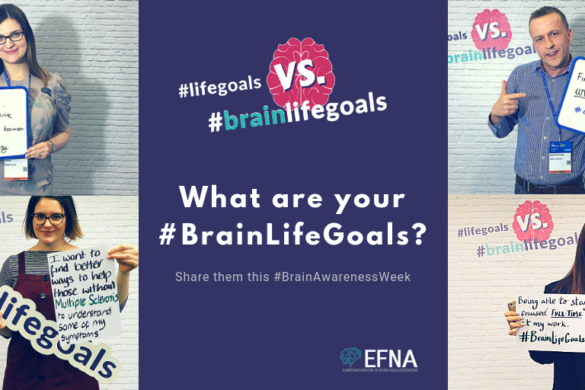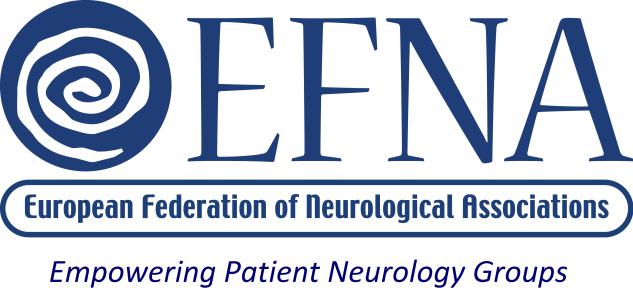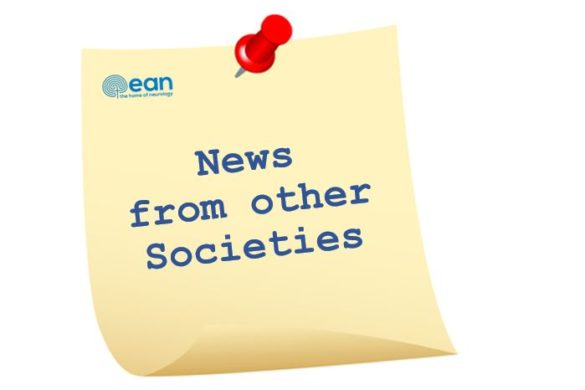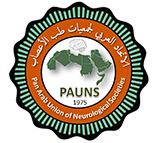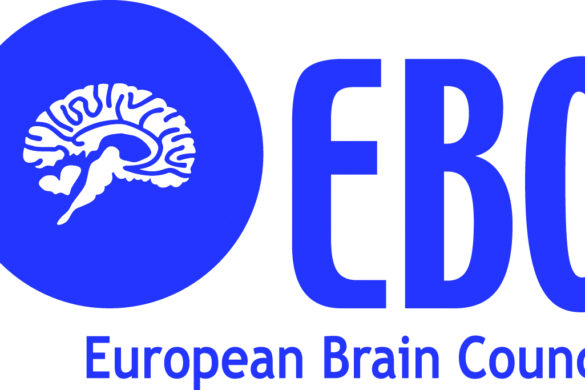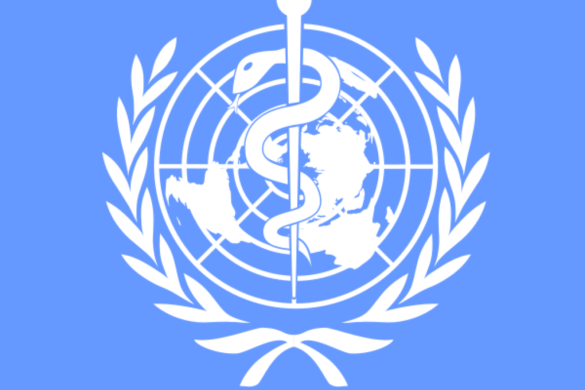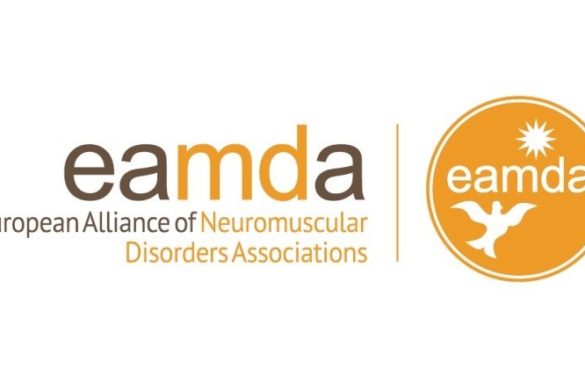Maria Teresa FERRETTI
Chief Scientific Officer – Women’s Brain Project
The European Pain Forum officially kicks off with 10 health organisations joining forces
With an information event hosted at the European Parliament on November 6th 2019, entitled: ‘Economy of Wellbeing: Healthy Women – Healthy Europe’, the European Institute for Women’s Health (EIWH, https://eurohealth.ie) called for concerted policy action to address gender health inequity in Europe. Speakers included MEPs, representatives from the European Commission, World Health Organization (WHO), National Governments and other key stakeholders.
The EIWH is a non-governmental organisation founded in 1996, that promotes gender equity in public health via sex and gender specific research and social policies. ‘In striving to achieve the highest standard of health for all, our society’s health policies must recognise that women and men, due to their biological differences, their access to resources and their gender roles, have different needs and are faced with different obstacles and opportunities.’ (EIWH website).
The event shed a light on gender disparities, with a focus on socio-economic aspects.
- It was reported that women in Europe earn 16% less than men and receive pensions that are 40% lower than men. Poverty, especially amongst aged women, is a significant determinant of poor health.
- Other factors influencing health quality and access to treatment include lack of resources or decision-making power, unfair work divisions and violence.
- Supporting women’s health in Europe is not just an ethical must, but also a necessary step in terms of the European economy, as health inequalities (including gender-driven) result in an economic loss of about €980 billion per year in the EU.
One of the areas where sex and gender differences play a major, and yet under recognised role, is brain and mental health. Indeed, both sex (biology) and gender (socio-economic factors) are crucial determinants of brain and mental health. For instance, dementia, migraine and multiple sclerosis are more common in women. On the other hand, diseases like cluster headache, Parkinson and schizophrenia are more common in men. In addition, disease risk factors as well as trajectories and response to treatment have been shown to vary by sex.
The Women’s Brain Project (WBP, www.womensbrainproject.com), an international non-profit organisation founded in Switzerland in 2016, raises awareness on such sex and gender differences in a variety of brain and mental conditions. WBP advocates for a sex and gender sensitive precision medicine approach that targets sex-differences from the very first steps of basic research (with animal experiments that use and analyse data separately from males and females), down to the diagnostic, preventative and treatment tools that are offered to patients.
To promote awareness on the topic of sex and gender differences, EAN is currently partnering with the WBP. The upcoming EAN meeting in Paris 2020 will feature one special session entitled ‘Relevance of sex differences in neurological disorders’, moderated by Prof Elena Moro and Dr Maria Teresa Ferretti, co-founder and CSO of WBP. The symposium will cover clinical aspects related to risk factors, progression and response to treatment in Stroke, Alzheimer’s disease, and Parkinson’s disease in men and women, with particular attention to hormonal interactions. These differences are of great interest for designing trials, improving prediction, prevention and treatment approaches of neurological diseases.
Additional aspects related to sex and gender specific aspects in brain and mental health, including the role of artificial intelligence, will be covered in September 19th-20th 2020 at the III Women’s Brain Forum hosted by the WBP in Zurich.




